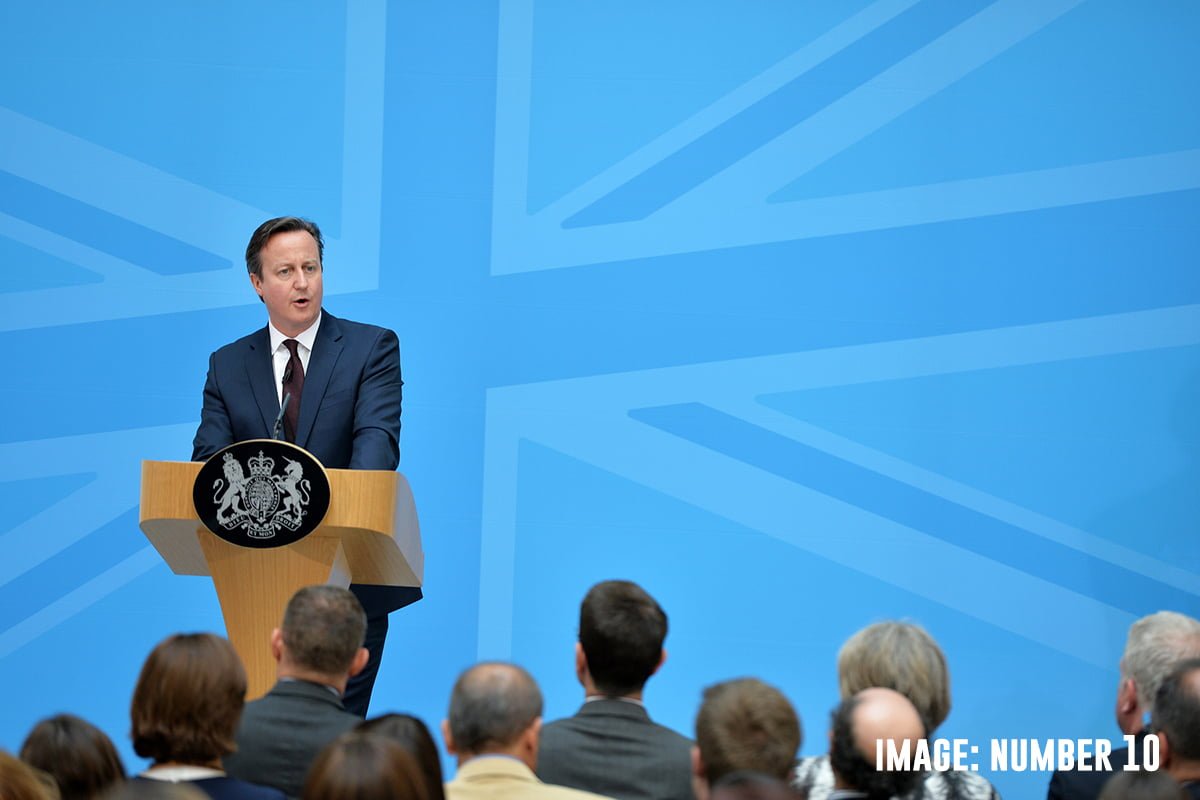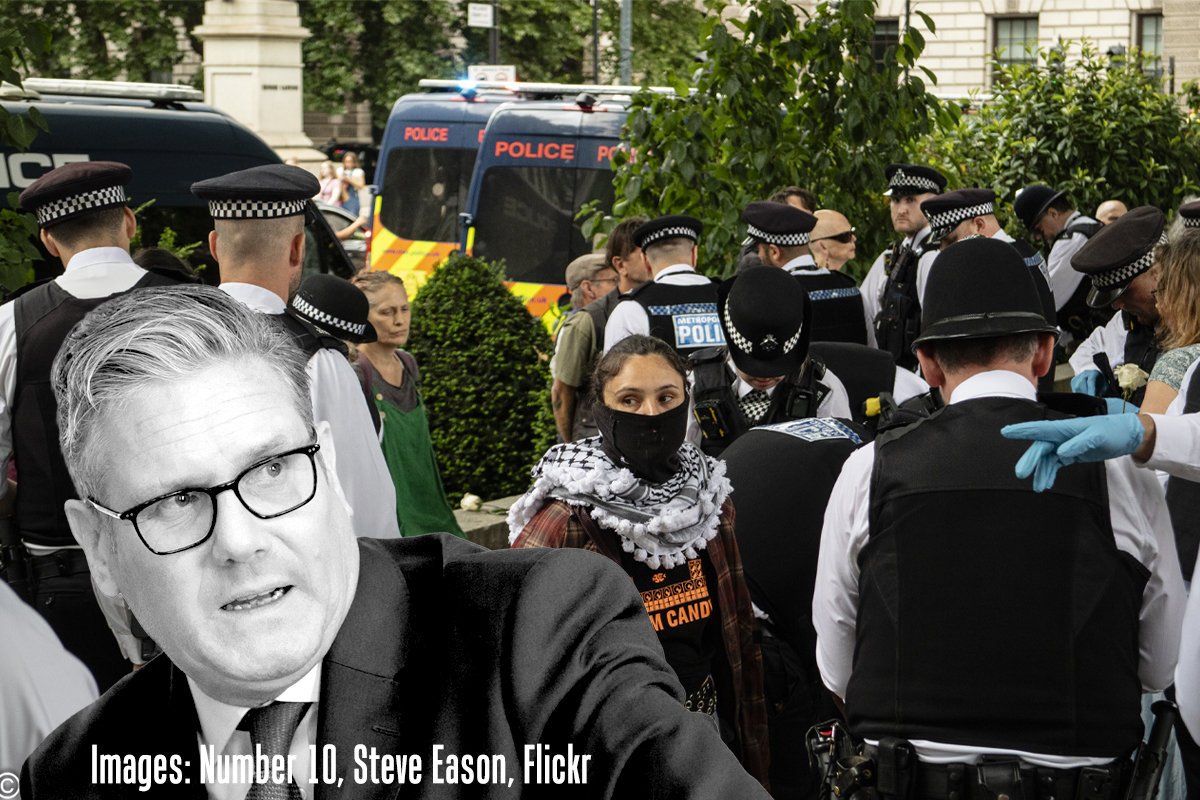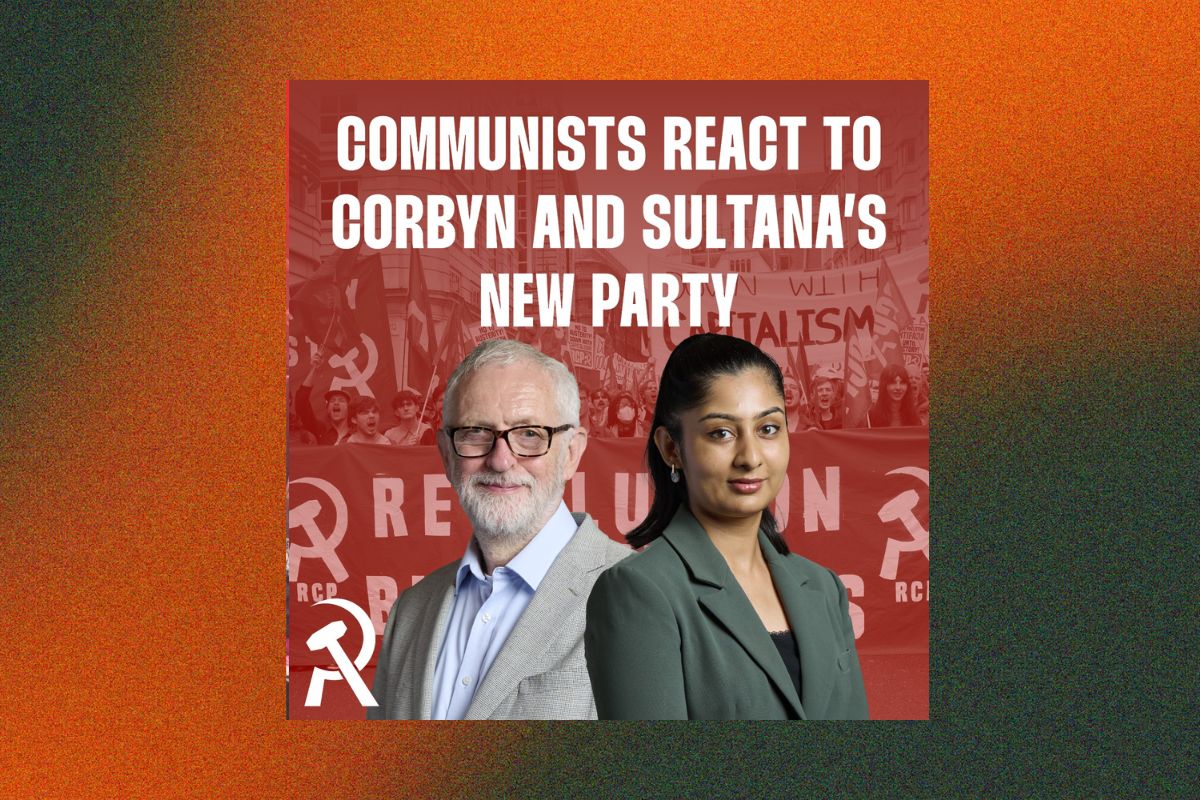The results of the 2014 local and European elections have delivered a resounding double blow to the Tories and their coalition partners, the Liberal Democrats. Despite all the talk of an “economy on the mend” with “good times just around the corner”, the grim reality for David Cameron, George Osborne and the rest is that people simply do not believe them. With a general election now under a year away, these results will not calm nerves.
The results of the 2014 local and European elections have delivered a resounding double blow to the Tories and their coalition partners, the Liberal Democrats.
Blow to the Coalition
Despite all the talk of an “economy on the mend” with “good times just around the corner”, the grim reality for David Cameron, George Osborne and the rest is that people simply do not believe them. With a general election now under a year away, these results will not calm nerves.
The trouble for the Coalition has been that reality has well and truly clashed with the government’s hype. As a result, in the local elections the Tories suffered blow after blow, losing over 230 seats and six councils. However, this was nothing compared to the fate of the Lib Dems who lost over 300 seats and in a number of inner-city councils saw their representation reduced to a handful or less, including in Lambeth and Islington where they were completely wiped out. Meanwhile Labour ended up increasing its seats by over 330.
The UKIP “surge”
This is the real story of the election. However, the media has been hard at work trying to deflect this by concentrating instead on UKIP. If the press and TV were to be believed then the UKIP “surge” has seen them becoming the fourth force in British politics, set to “break the mold” of the status quo.
This is exactly the same thing that was said about the BNP a few years ago (and look what happened to them), and before that the Lib Dems, and before that the SDP and so on.
What are the actual facts? Despite weeks and weeks of hype, with Nigel Farage popping up almost everyday on TV, beer glass in hand, the end result was that, out of 4,000 plus local seats up for grabs, UKIP actually only won 161 seats and took control of zero councils on a 17% share of the vote – less than the 22% figure achieved in the albeit smaller scale 2013 local elections.
In the European elections UKIP did much better, topping the poll in a ballot where they were expected to do so given the nature of the election. The European elections are largely seen as irrelevant, with the vast majority either abstaining or using the vote to protest against the more established parties. Again the Tories suffered, whilst the Lib-Dem vote collapsing to a level below that of the Greens.
All the evidence suggests that UKIP has mainly taken votes from the Tories. The capitalist crisis is fragmenting the ruling class. The more rural and backward areas have proved a fruitful hunting ground for UKIP as disgruntled ex-Tory backwoodsmen have been sucked into the UKIP ranks.
Looking for an alternative
To this must be added a layer of the lower-middle class who, up until now, have seen themselves as being cocooned from the ravages of the capitalist crisis. Now they are seeing their earnings frozen or falling, jobs disappearing and businesses going bust. This hammering has pushed them into a frenzy and therefore made them susceptible to the right-wing “solutions” spewed out by UKIP. Hence the bad results for the Tories in areas such as Essex, the traditional heartland of Mondeo-man.
Yet the media has chosen to concentrate instead on those votes lost from Labour to UKIP in parts of the North and the Midlands. However, the facts show that this has largely only happened in certain “traditional” and declining working class areas where Labour has long been the dominant party and is seen to have done nothing.
A few years ago some of these angry votes were going to the BNP (although most went to the stay-at-home-and-don’t-bother party), now they have gone to UKIP as people thrash around looking for a way-out in the face of declining communities, long-term unemployment, the collapse of old industries etc. However, in places such as London, the UKIP option has had far less effect.
The media are clearly using the UKIP vote to put pressure on Labour (and the the Tories) – hence the rash of moans from assorted Blairites inside the parliamentary party. They want Miliband to turn right, or better still quit.
The belief that a turn right is needed to deal with UKIP is false. Many in the leadership – and in the left as a whole – have targeted UKIP’s racist policies to imply that those who voted for them are also all racist. This is not true in many cases, and clearly this line of attack has not proved effective. Many UKIP voters marked their ballots for Farage and his gang without having any clear idea of what their programme was, other than they were against the established system.
We have seen a similar process in other elections in other countries as voters, frustrated by rotten alliances all implementing cuts and presiding over regimes of so-called austerity, have become sick of the old parties and have cast their votes for whoever looks like causing the biggest upset.
Had Labour concentrated on attacking the reactionary economic policies of UKIP, and themselves offered a genuine socialist alternative, then they would have had a real impact. Certainly the racist twaddle spouted by UKIP candidates should be taken up, but it is difficult to do that whilst simultaneously supporting immigration controls – as both the Coalition and Labour leaderships do.
2015: general election
When the dust settles, the bosses will have to decide what to do about UKIP which, after all, largely functions on big business donations with little rank-and-file organisation or structures, hence the large number of oddballs and rejects from the wider shores of the Tories who suddenly found themselves as UKIP candidates.
The fear that UKIP could cost the Tories a number of seats at the next general election may require the UKIP genie to be booted back into its box. Whether it is too late to do that before 2015 is another question.
What is clear is that UKIP do not pose the same threat to Labour. Serious analysts, such as Lord Ashcroft, predict a Labour win at the next general election as the most likely option.
The only question is whether Labour will grab defeat from the jaws of victory by failing to provide a clear alternative to the Coalition and the system it defends. One thing is clear: attempting to win the next election on a programme of austerity-lite, pandering to big business Blairite rhetoric, and offering no real escape for the millions of workers who have been hit hard by the recession is a recipe for disaster. This is the real reason why Labour did well, but no better than well, in the 2014 elections.
A left alternative?
We should note one other lesson from these elections. Those who believe that it is possible to conjure up a left alternative to Labour, ready to grab hundreds of seats courtesy of a grateful working class had better start facing up to reality.
Assorted “left” fronts, such as TUSC, put up a large number of candidates, at great cost in both time and money, all around the country. What did they achieve?
Thanks to a lack of the usual crazy candidates, TUSC and co. enjoyed the feat of nearly always coming bottom or second from bottom in virtually every contest they took part in, usually just getting one or two percent of the vote.
In the European elections, the vote of the NO2EU group went down, often achieving only half a percent voting levels – a considerable achievement given the turn towards anti-Europe parties elsewhere.
Although these low votes might provide a source of amusement for those in the movement, there is a serious side to this. Such poor results will be and have been used by the right to “show” that once faced with an actual ballot, socialism is exposed as being completely unpopular, unable to get more than a handful of votes compared to more “reasonable” candidates.
Labour must fight for a socialist programme
We would argue something different. If Labour candidates had stood on just some of the fighting demands raised by these fringe candidates and had made the same commitments to put working class people first and resist the Tory cuts, then Labour would have gained far more votes and seats. It is Labour’s failure to do this that is causing the party to underperform, as we saw this time around.
Rather than waste any more time and money on trying to provide an electoral alternative to Labour, militants need to redouble the fight in the movement for a change in course towards bold socialist policies. This is the only way to thrash the Tories, Lib Dems, UKIP and the rotten system they all represent






